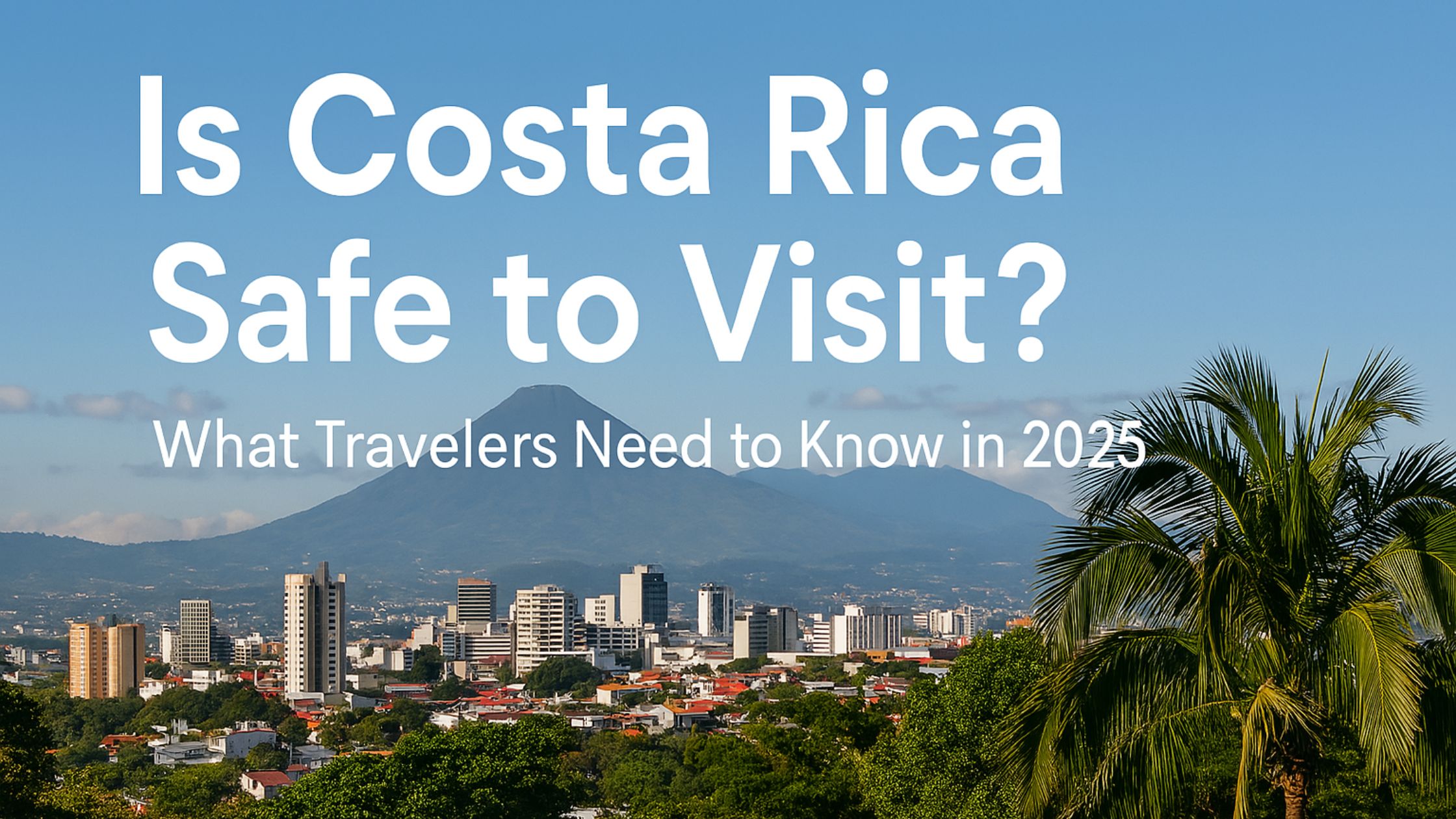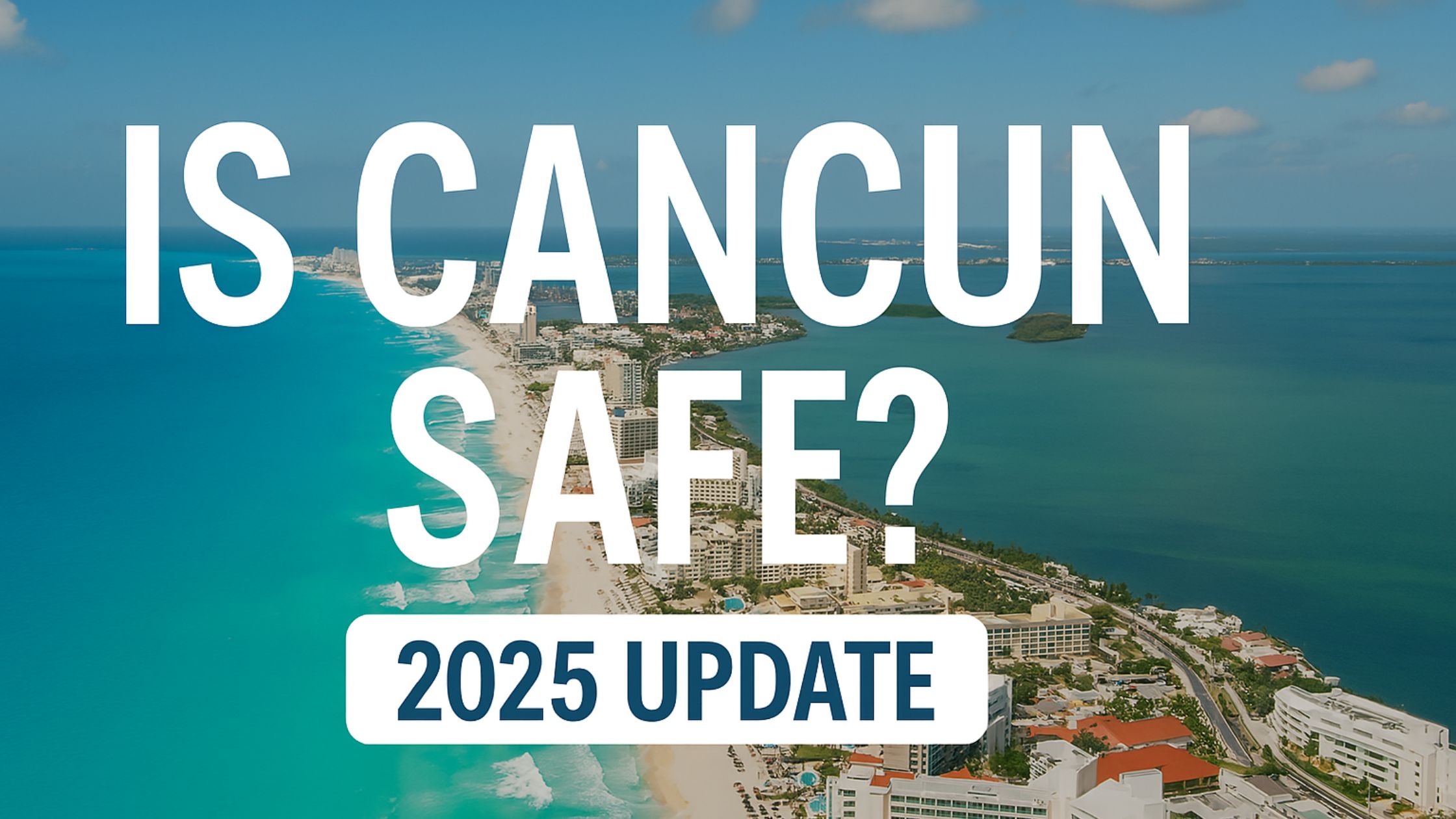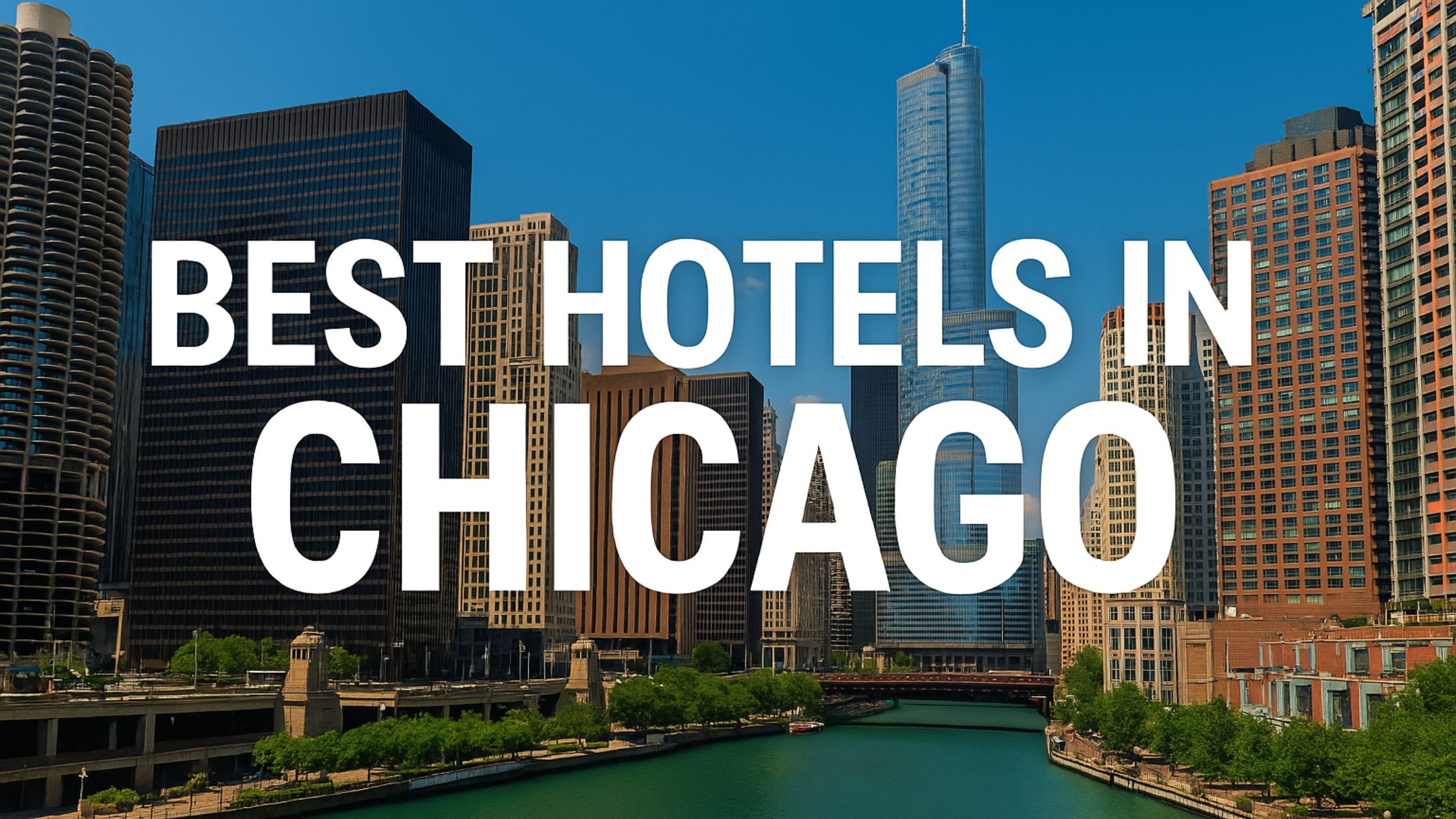MathHotels.com – Thinking about visiting Costa Rica but wondering, is Costa Rica safe for travelers in 2025? You’re not alone.
Costa Rica is one of the top travel destinations in Central America, known for its rainforests, volcanoes, beaches, and pura vida lifestyle. But for many travelers—especially first-timers—the question of safety comes up early in the planning stage.
And it makes sense. New country, different rules, unfamiliar culture—being cautious is smart. The good news? Costa Rica has a reputation for being one of the safest places to visit in the region.
Still, like anywhere, there are things to watch out for.
In this guide, we’ll break down what you actually need to know about travel safety in Costa Rica—from petty crime and natural risks to local scams and solo travel tips.
Crime & Personal Safety in Costa Rica
Overall, Costa Rica is considered safe for tourists—especially compared to its neighboring countries. Violent crime is rare in areas popular with travelers, and most visits happen without any trouble at all.
That said, petty crime like pickpocketing, bag snatching, and theft from parked cars does occur, especially in bus terminals, beaches, and crowded downtown areas.
If you’re staying in cities like San José, be extra cautious at night and avoid flashing expensive items. In tourist hubs like Tamarindo or Puerto Viejo, petty theft is more opportunistic than aggressive—but it still happens.
Police presence in tourist zones is decent, but not always fast to respond. Always lock your belongings, use safes in hotels, and don’t leave valuables in rental cars.
Solo & Female Travel Safety in Costa Rica
Costa Rica is a popular destination for solo travelers—and that includes solo female travelers too. Many ask is Costa Rica safe for women traveling alone?
Most report feeling safe, welcomed, and supported by the country’s strong tourism infrastructure.
That said, solo travelers—especially women—should still stay aware of their surroundings, just like in any other part of the world.
While catcalling and unwanted attention can happen in urban areas, it’s typically non-aggressive. It’s best to dress modestly in rural or traditional towns and avoid walking alone late at night, especially in unfamiliar neighborhoods.
Stick to well-reviewed accommodations, use registered taxis or rideshares like Uber (available in San José), and trust your instincts. If something feels off, it probably is.
Joining group tours or staying at hostels and eco-lodges can also be a great way to meet fellow travelers while keeping safety in numbers.
Health, Food, and Water Safety in Costa Rica
One of the biggest travel wins in Costa Rica? You can drink the tap water in most parts of the country—especially in cities, hotels, and established tourist zones.
In rural areas or off-grid eco-lodges, it’s still a good idea to ask or opt for bottled water just to be safe.
Food-wise, Costa Rica is generally very clean. From beachside sodas (small local restaurants) to high-end restaurants in San José, food poisoning isn’t a widespread concern—though it’s still smart to avoid anything that looks like it’s been sitting out too long.
Make sure to pack some basic meds for stomach upsets, especially if you’re planning to try a lot of new things or eat at roadside stalls.
The country has decent healthcare and private clinics that cater to tourists, particularly in cities and near major resorts. Travel insurance is still highly recommended—just in case.
Nature & Adventure Hazards in Costa Rica
Costa Rica’s wild beauty is part of its charm—but also where you’ll need to be a little more alert.
So, is Costa Rica safe to travel when you’re headed into the wild? Mostly yes—but only if you’re well-informed and cautious.
Let’s start with the beaches. Some of the country’s coastlines, especially on the Pacific side, have strong rip currents. Lifeguards aren’t always present, so check local signs and ask locals before swimming. If you’re not sure—don’t go in.
Hiking in national parks or volcano areas is generally safe as long as you stick to marked trails. Don’t venture off-path, and definitely don’t hike alone in remote areas without letting someone know.
Wildlife is another thing to be aware of. Costa Rica is home to monkeys, sloths, snakes, crocodiles, and even jaguars. Most won’t bother you—but don’t feed animals or leave food out, and always wear shoes in jungle areas.
During the rainy season (May to November), be prepared for flash floods and muddy roads—especially if you’re driving in mountainous areas.
For extra peace of mind, follow basic Costa Rica safety tips: stay on official paths, go with licensed guides, and check weather conditions before heading out.
Scams & What to Avoid in Costa Rica
Costa Rica isn’t known for aggressive scams, and while the answer to is Costa Rica safe is generally yes, like any tourist-heavy country, a few common tricks are worth watching out for.
1. Fake tour guides
Be cautious of people offering you random tours on the street, especially near parks or terminals. Always book through official agencies or your hotel—and ask for credentials.
2. Taxi overcharges
Some taxis may “forget” to turn on the meter (called a maria) and charge inflated fares. Make sure the meter is running or use apps like Uber (available in San José and a few other cities).
3. Broken card readers / “cash only” last minute
At some souvenir shops or street stalls, you might be told the card machine is down after your purchase, pushing you to use cash. Always ask about payment options first.
4. Rental car “damage” charges
Inspect your car thoroughly and take photos before and after. Some companies may try to charge for scratches or dents that weren’t your fault.
5. Street vendors with inflated tourist prices
Practice your friendly but firm “no, gracias” if you’re not interested, and don’t be afraid to politely haggle if you are.
As long as you stay alert and trust your instincts, you’ll be fine. Most locals are kind, helpful, and used to travelers—but it’s still good to stay sharp.
Where It’s Safest to Stay in Costa Rica
Is Costa Rica safe for tourists looking to explore on their own? Absolutely—but knowing where to go makes all the difference.
Costa Rica has plenty of safe areas for travelers, but some regions are definitely more beginner-friendly and better equipped for tourism than others.
Here are a few safe, popular, and well-connected spots worth considering:
1. La Fortuna (Arenal Volcano area)
Perfect for adventure lovers—hot springs, waterfalls, and volcano hikes, all in one spot. It’s clean, tourist-friendly, and walkable.
Recommended stay:
👉 Selina La Fortuna — great for backpackers or digital nomads with strong Wi-Fi and jungle vibes.
2. Tamarindo (Pacific Coast)
One of the most popular beach towns, especially for surfing, yoga, and chilled-out vibes. Nightlife is lively but safe, and it’s easy to meet other travelers.
Recommended stay:
👉 Jardin del Eden Boutique Hotel — adults-only, close to the beach, and top-rated for couples.
3. Manuel Antonio / Quepos
A perfect mix of nature and convenience. You’ll find sloths, monkeys, and stunning beaches—plus plenty of cafes, ATMs, and good roads.
Recommended stay:
👉 Parador Nature Resort & Spa — jungle luxury with ocean views and shuttle access to the national park.
4. Santa Teresa
Laid-back surf town on the Nicoya Peninsula with a growing wellness and coworking scene. Safe, but more remote—expect dirt roads and limited street lighting.
Recommended stay:
👉 Hotel Nantipa — beachfront boutique stay with pool and hammock-ready patios.
5. San José (capital city)
It’s not a tourist highlight, but if you’re flying in or out, choose a hotel in Escazú or Sabana—two of the safer neighborhoods.
Recommended stay:
👉 Hilton Garden Inn San Jose La Sabana — modern, business-friendly, and right across from La Sabana Park.
Final Tips & Verdict: Is Costa Rica Safe to Visit?
Is Costa Rica Safe? Yes—Costa Rica is safe to visit in 2025, as long as you travel smart.
It’s one of the most stable, tourist-friendly, and welcoming countries in Latin America. With a little common sense, awareness, and a few basic precautions, you’ll likely have nothing but great memories and pura vida vibes.
Here’s a quick recap:
- Violent crime is rare, but keep an eye on your stuff
- Beaches and jungles are beautiful—but don’t underestimate nature
- Scams are mild, but stay alert (especially with taxis and tours)
- Pick your destinations wisely—tourist towns are well-equipped and safe
- Trust your gut, and don’t do anything you wouldn’t do back home
So pack your bags, charge your camera, and don’t forget the sunscreen—Costa Rica is ready for you.



